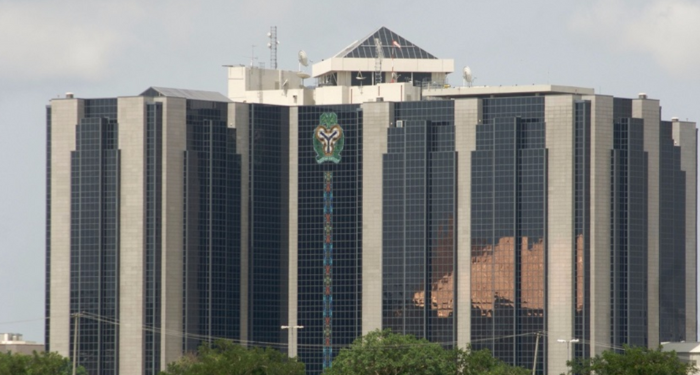Nigeria’s Central Bank Keeps Monetary Policy Rate Unchanged at 27% Amidst Declining Inflation

Nigeria’s Central Bank has just made a significant move, keeping its Monetary Policy Rate (MPR) steady at 27% amidst a welcome decline in inflation. This decision, announced by Governor Olayemi Cardoso, reflects the Committee’s focus on sustaining progress towards achieving low and stable inflation, while supporting economic growth.
As a result, the decision to retain the MPR at 27.0 per cent is expected to allow the effect of previous policy rate hikes to sufficiently transmit to the real economy and further reduce prices. The Committee also adjusted the Standing Facility corridor around the MPR at +50/-450 basis points, retained the Cash Reserve Requirement (CRR) for Deposit Money Banks at 45.00 per cent, Merchant Banks at 16.00 per cent, and 75.00 per cent for non-TSA public sector deposits, and kept the Liquidity Ratio unchanged at 30.00 per cent.
With inflation slowing for the seventh consecutive month to 16.05% in October, the Central Bank is optimistic about continued disinflation, driven by improved food supply, stable exchange rates, and collaborative efforts with fiscal authorities.
The MPC welcomed the continued deceleration was driven by a moderation in both food and core inflation. Food inflation fell significantly to 13.12 per cent in October 2025 from 16.87 per cent in the preceding month, reflecting improved domestic food supply, stable exchange rate, and base effect. Similarly, core inflation slowed to 18.69 per cent (year-on-year) in October 2025, from 19.53 per cent in the preceding month, owing largely to a decline in the price of furnishing & household maintenance.
The Committee noted the robust performance of the external sector, evidenced by the surplus current account balance and steady accretion to reserves, which have contributed to stability in the exchange rate and moderation in inflation. The MPC also commended the collaborative effort of both the fiscal and monetary authorities, which led to the recent upgrade of Nigeria’s sovereign credit rating by major rating agencies, and the delisting of the country from the FATF grey list.
The Committee noted with satisfaction, the sustained resilience of the banking system, with most financial soundness indicators remaining within regulatory thresholds. Members also acknowledged the substantial progress in the ongoing recapitalization programme, with sixteen (16) banks achieving full compliance with the revised capital requirements.
The MPC considered the global outlook, noting that global output is projected to recover in the near to medium term, underpinned by improved trade negotiations, accommodative monetary policy especially in Advanced Economies, and easing geopolitical tension. However, headwinds to the outlook include the potential for increasing protectionism, geoeconomic fragmentation, and likely resurgence of trade tensions between the US and its major trading partners.
Furthermore, the Nigerian economy is showing signs of resilience, with a sustained positive trajectory in real Gross Domestic Product (GDP) growth, evidenced by a growth rate of 4.23 per cent (year-on-year) in the second quarter of 2025. The Purchasing Manager’s Index increased significantly to 56.4 points in November 2025, pointing to a more positive growth outlook for the third and fourth quarters of 2025. Gross external reserves increased by 9.19 per cent, reaching a high of US$46.70 billion on November 14, 2025, sufficient to cover 10.3 months of import for goods and services.
Moreover, the Committee believes that the lagged impact of previous tight policy measures is expected to continue in the near term, and therefore, maintaining the current stance of policy would allow the effect of previous policy rate hikes to sufficiently transmit to the real economy and further reduce prices. The MPC also commended the collaborative effort of both the fiscal and monetary authorities, which led to the recent upgrade of Nigeria’s sovereign credit rating by major rating agencies, and the delisting of the country from the FATF grey list.
Ultimately, the MPC’s decision reflects the Committee’s confidence in the Nigerian economy’s ability to sustain its growth momentum, while maintaining price stability. The Committee reaffirmed its commitment to an evidence-based policy approach towards achieving the Bank’s mandate of price and financial system stability.



